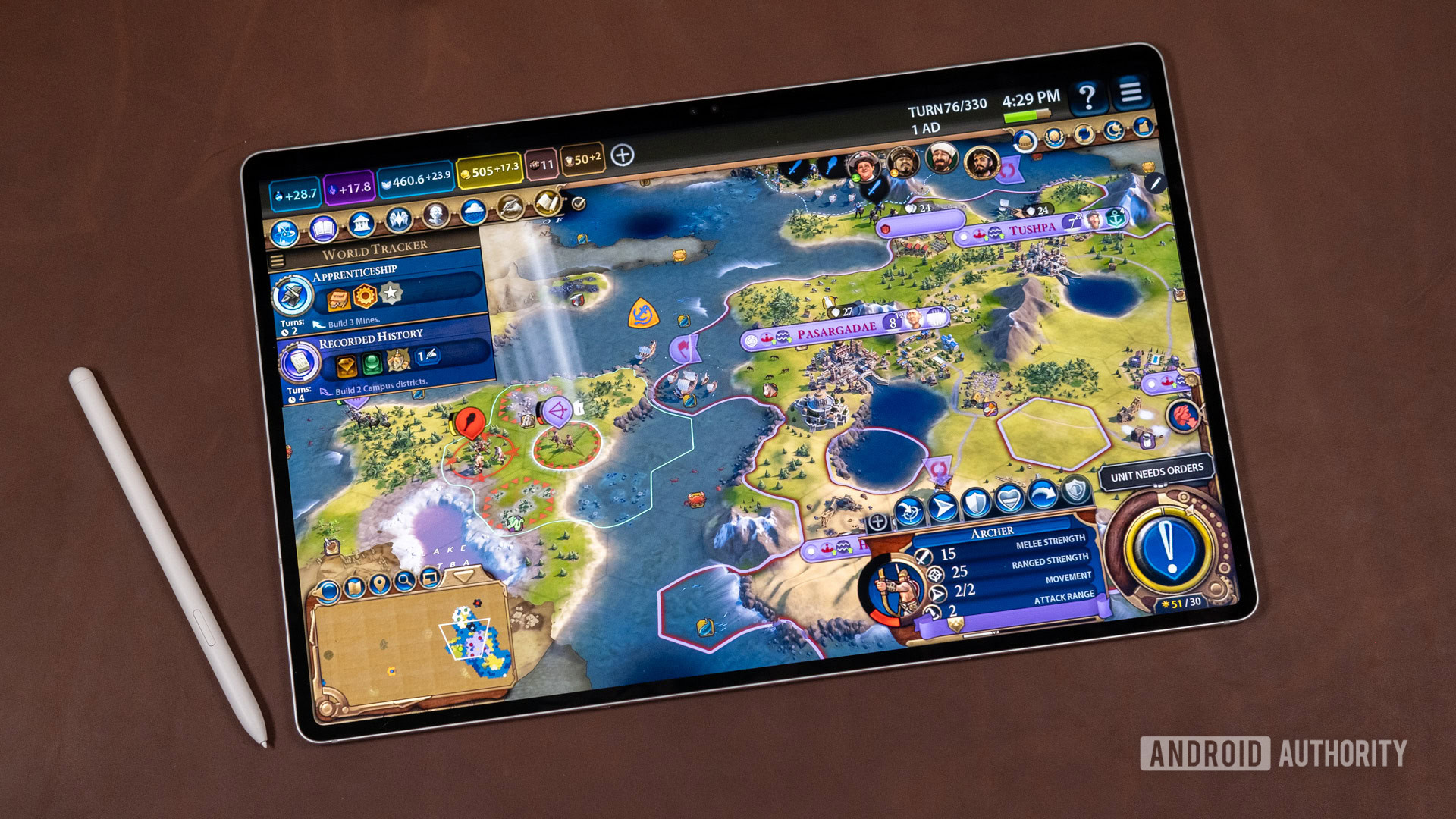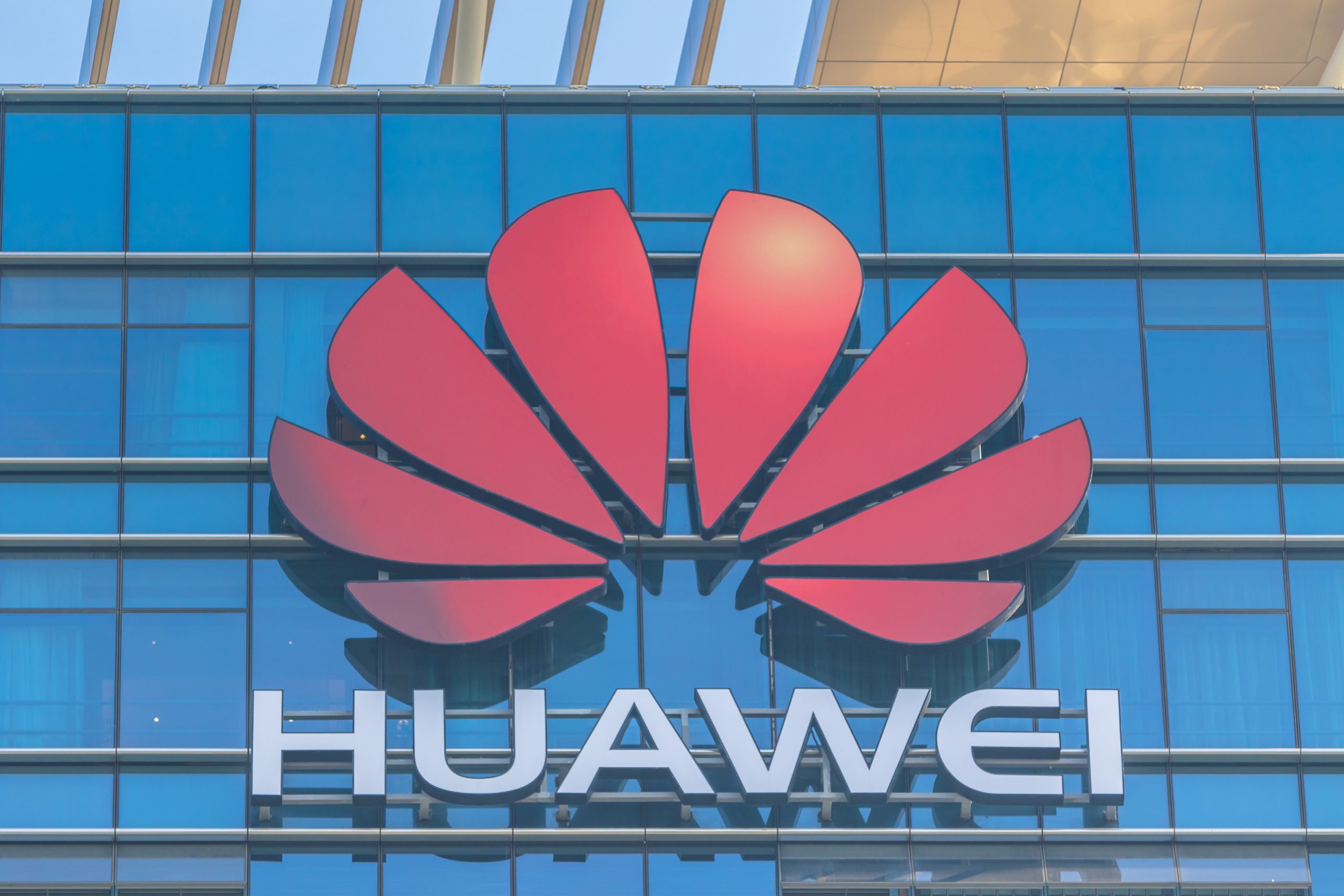Africa may only account for 2.5% of the global AI sector, but there is still an opportunity for African startups to enter the market. This year, the continent’s AI market is estimated to be worth $4.51 billion and is projected to reach $16.53 billion in the next five years.
In 2025, tech startup funding so far in Africa has seen a 78% increase compared to the first half of last year, after the funding slump of 2023 and 2024. This momentum is spilling into AI, where some early-stage startups are now securing multimillion-dollar rounds on the continent.
The release of open-source models like DeepSeek in January and OpenAI’s open-weight offerings just this month presents an opportunity for AI startups on the continent to lower infrastructure costs for building applications. African startups are becoming increasingly well-positioned to prototype and scale AI software products, especially in sectors like logistics, healthcare, customer services, and fintech.
Egypt takes the lead
This piece looks into eight AI startups from Africa that have raised over $1 million so far this year. According to data from Africa: The Big Deal, Egypt accounts for the most, with three startups. The North African country has been witnessing an increase in deeptech innovation, possibly due to its early policy decisions.
Egypt launched its national AI strategy in 2021, well ahead of regional peers like Nigeria and South Africa. In the second edition of this strategy, released in 2025, the Egyptian government plans to enable and support the establishment of 250+ successful AI companies in the country by 2030. Another Egyptian-led startup that recently made the news was PlayAI, a voice tech startup that was acquired by Meta last Month for an undisclosed amount. The team, which started in 2021, eventually moved to Silicon Valley to pursue further growth opportunities at Y Combinator. Their acquisition is a signal that African-born AI startups are capable of building globally relevant products.
Below, you’ll find the list of eight early-stage African startups focusing on AI that have raised at least $1 million this year. This list paints a picture on what kinds of startups are receiving investor interest and gaining traction in an evolving AI development landscape on the continent.
Infinilink– $10 million
Infinilink is an Egyptian semiconductor startup that focuses on building chips for AI-driven data centres. It was founded in 2022 by two engineers: Ahmed Aboul-Ella and Botros George. MediaTek, a Taiwanese semiconductor company, and Saudi VC firm Sukna Ventures led the funding round. The $10 million in seed funding will be used to improve the development of its optical connectivity solutions, which allow for a faster and energy-efficient way to transfer data between chips and servers in data centres. This is the only startup on this list that is mainly focused on hardware design and manufacturing. As revenue from data centres in Africa alone is expected to reach $8.96 billion for this year, there’s a growing interest in energy-efficient hardware needed to power these data centres. Infinilink could be one of the Africa-based startups positioned to take advantage of this opportunity, both on the continent and beyond.
Kera Health– $10 million
Kera Health Platforms is a Senegalese e-health startup co-founded in 2023 by Moustapha Cissé, a former AI research scientist at Google and Facebook, Papa Sow, a former CEO of MTN Guinea, and Hosam Mattar, former Chief Medical Officer for AXA. Kera Health offers an AI-powered integrated platform that digitises core services, from electronic medical records to prescriptions and payments. The startup raised $10 million from the International Finance Corporation (IFC), an arm of the World Bank focused on supporting the private sector in developing countries. Kera Health plans on using the funds to expand its software capabilities and improve its corporate governance standards.
Cerebium– $8.5 million
Cerebium is an AI startup that originated in South Africa and is now based in New York. It was founded in 2021 to simplify infrastructure for AI developers. The co-founders, Michael Louis and Jonathan Irwin, both worked as senior developers at OneCart, a South African online grocery platform. Cerebium helps developers deploy and manage AI applications by streamlining development cycles and saving costs on expensive servers. The team raised $8.5 million in seed funding to expand its engineering team, strengthen its core platform, and meet growing enterprise demand. The funding round was led by Gradient, Google’s AI venture fund, with participation from Y Combinator, Authentic Ventures and other angel investors.
Leta – $5 million
Leta is a Nairobi-based AI-powered logistics startup founded by Nick Joshi in 2021. It provides businesses with tools for intelligent route optimisation and shipping insights. In March 2025, the company secured $5 million in a seed round led by Speedinvest, with participation from Equator VC and Google’s Africa Investment Fund. The startup will be used to expand into new countries like Ghana, improve their technology stack, and increase reach in existing markets across Kenya, Nigeria, Uganda, Zimbabwe, and Zambia.
Qme – $3 million
Qme is an Egyptian startup, founded in 2022 by Maged Negm, a former executive at Orange Egypt, a leading telecoms operator on the continent. Qme built an AI-powered platform to tackle inefficiencies in customer queueing and appointment booking. In February 2025, the company secured $3 million in seed funding in a round led by AHOY. The funding will be used to improve the startup’s technology stack, extend its market reach across the MENA region, and build stronger partnerships with businesses and governments to broaden its reach.
Widebot AI – $3 million
Widebot AI was initially founded in Egypt but is now based in Saudi Arabia. It is an Arabic-focused AI startup building enterprise-level language solutions for corporations and government institutions in the Middle East and North Africa. The company recently raised $3 million in a pre-Series A round led by Keheilan Asset Management and Enza Capital. Widebot aims to use the funding to develop AQL Mind, an Arabic large language model.
NeedEnergy – $1.1 million
NeedEnergy is a Zimbabwean energy-tech startup that runs a platform using machine learning and data analytics to accurately profile energy needs, optimise power generation, and manage grids with greater efficiency. The startup was founded in 2019 by Leroy Nyagani and Desire Masunda. The $1.1 million investment was led by Factor E and Investisseurs & Partenaires (I&P) through their Gaia Impact Fund. NeedEnergy’s team will use the funding to develop virtual power plants, smart systems that connect small energy sources, and energy trading platforms.
NOSIBLE– $1 million
NOSIBLE was founded in 2020 by Stuart Reid, a South African Computer Scientist and Quantitative Analyst. The startup offers two key products: a search engine API that produces real-time and historical data insights for businesses, and nosible.ai, which is a platform that provides specialised AI agents designed to simplify asset management tasks in the finance world. In March 2025, NOSIBLE raised $1 million in a pre-seed round led by Atlantica Ventures. The team plans on using the funding to improve its growth marketing efforts, expand its sales operations and revamp its go-to-market strategy.












